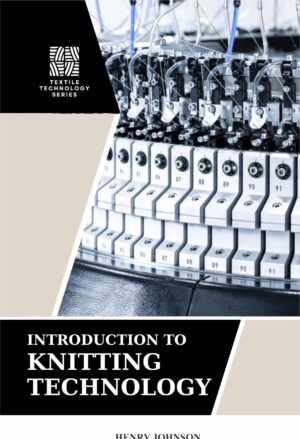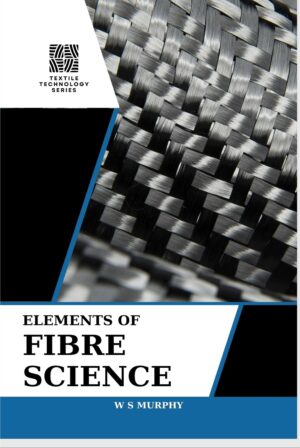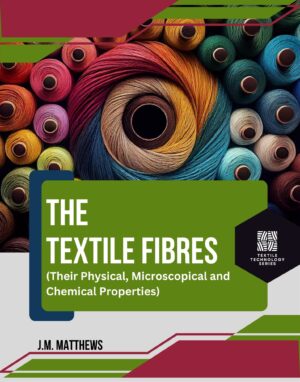Textile Mechanical Finishing [hardcover] by DR. N.N Mahapatra
In Textile manufacturing, finishing refers to the processes that convert the woven or knitted cloth into a usable material and more specifically to any process performed after dyeing the yarn or fabric to improve the look, performance, or “hand” (feel) of the finished textile or clothing. The precise meaning depends on context.
₹895.00 ₹995.00
Related products
-
Textile Technology
Introduction to Knitting Technology by Henry Johnson (Hardback)
0 out of 5(0)- Page : 200
- Dimensions : 22 x 14 x 1.5 cm
the processes of turning threads into cloths that can be use and clothes that can be worn range from weaving to knitting. Though the prevalence of the knitting trend in the present is not as expansive as it was the past, yet considerable amount of people across the globe certainly like the art. Knitting can be described as one of the several ways of turning threads into cloths. But, unlike woven fabrics, knitted fabrics consist entirely of horizontal parallel courses of yarn . The courses are joined to each other by interlocking loops in which a short loop of one course of yarn is wrapped over the bight of anthor course.
SKU: n/a -
Textile Technology
Elements of Fibre Science W.S.Murphy (Hardback)
0 out of 5(0)- Page : 136
- ISBN : 978-8182474802
- Dimension : 25 x 16.5 x 1.2
Manufacture of yarns and fabrics is one of the most important occupations of mankind. For thousands of years the preparation of textile fibres, the spinning of yarns, and the weaving of cloths were domestic occupations known and understood by every member of the community. During the past two hundred years the whole position hand industry practised in the homes of the producers, It has become a mechanical industry carried on in power-driven factories. Every details of the manufacturing process.
SKU: n/a -
Textile Technology
The Textile Fibers by J.M Mathews (Hardback)
0 out of 5(0)- Page : 216
- ISBN : 978-8182474871
- Dimensions : 25 x 19 x 1.5 cm
The present book, it is hoped, will be of assistance to both the practical operates in textiles and the student on textile subjects. If the outgrowth of a number of years of experience teaching of textile chemistry, as well as practical observation in the many ill problems. The textile fibres form the raw materials for many of our greatest industries, and hence it is of importance that the facts concerning them should be systematized into some form of scientific knowledge. The author has attempted, however, not to allow the purely scientific phase of the subject to overbalance the practical bearing of such knowledge on the everyday problems of industry.
SKU: n/a -
Textile Technology
Textile Raw Materials by Ajay Jindal & Rakesh Jindal (H.B)
0 out of 5(0)Textile Raw Materials provide complete and handy information on all classes of textile fibers- natural, regenerated and man-made in used. The book has been divided into six chapters. Chapter 1 is about introduction of textile fibers which covers classification, basic concepts, polymerization, characteristics and properties of textile fibre, Chapter 2 deals with natural fibres, their angin, source, types, production, physical and chemical properties, grading and end-use. Chapter 3 is about regenerated fibres, their manufacturing process, physical and chemical properties, ond-use etc.SKU: abhtrm

![Textile Mechanical Finishing [hardcover] by DR. N.N Mahapatra](https://abhishekpublications.com/wp-content/uploads/2025/01/1-19.jpg)




There are no reviews yet.